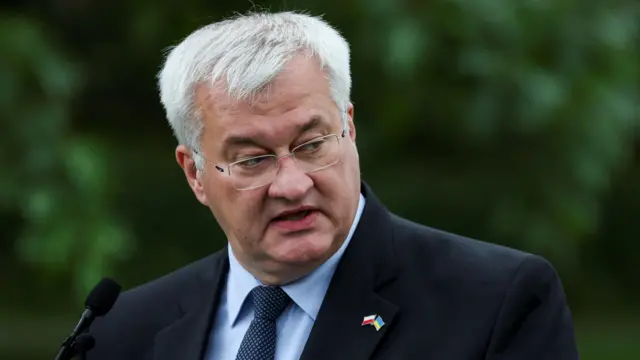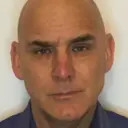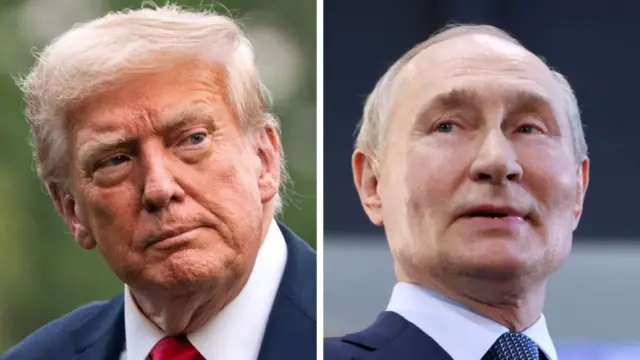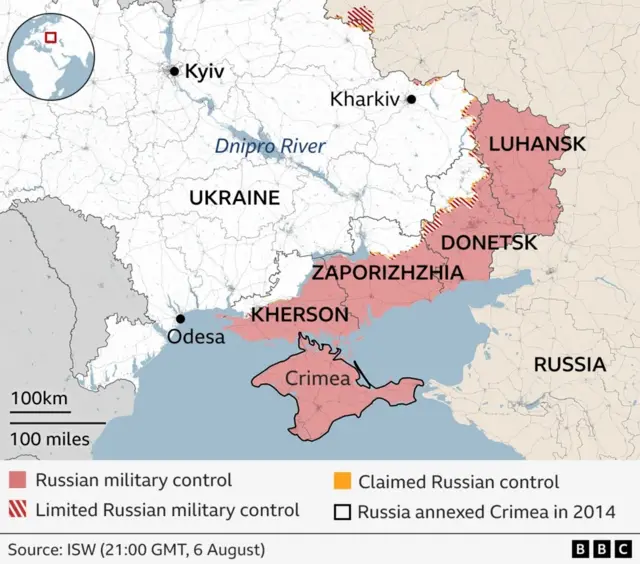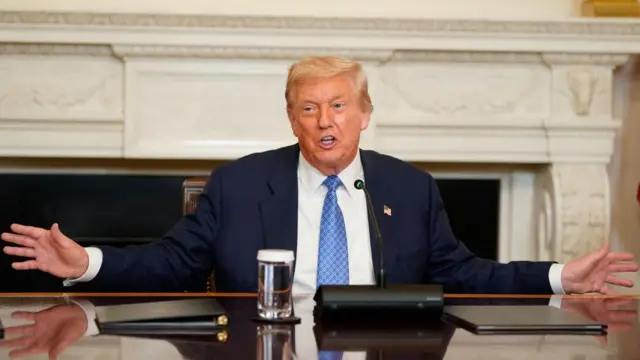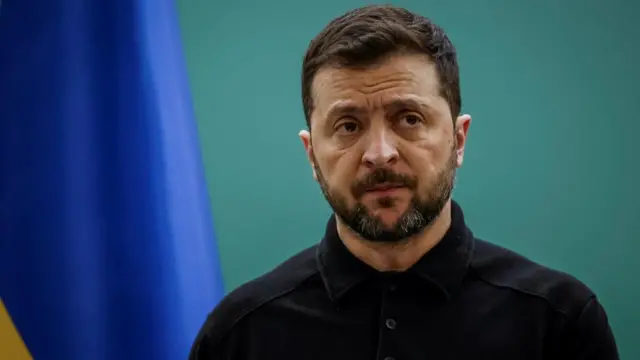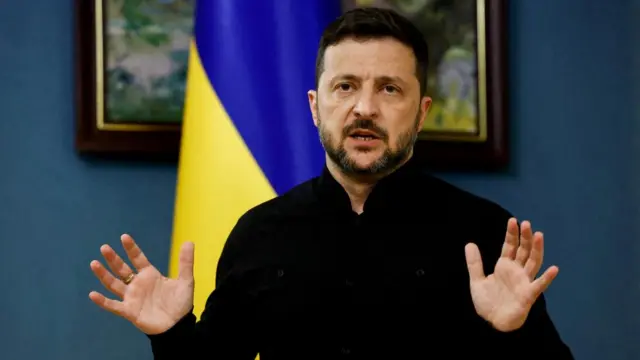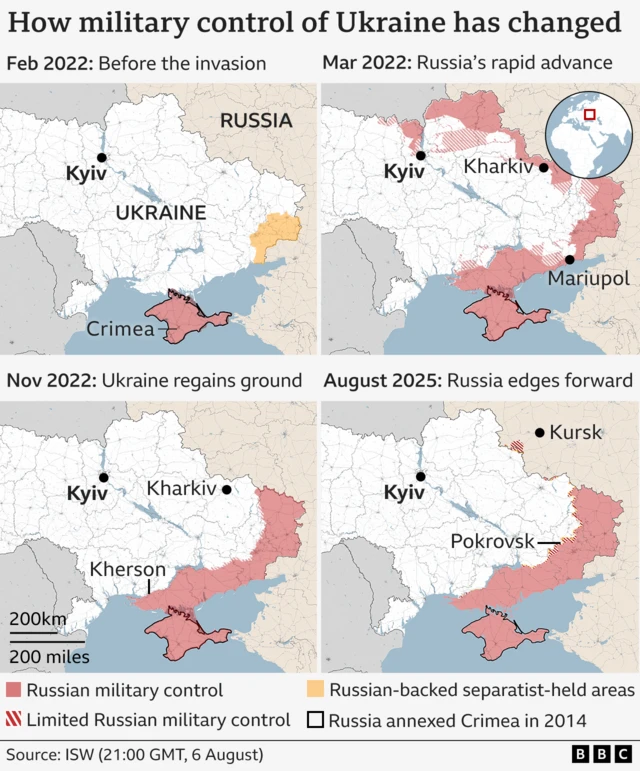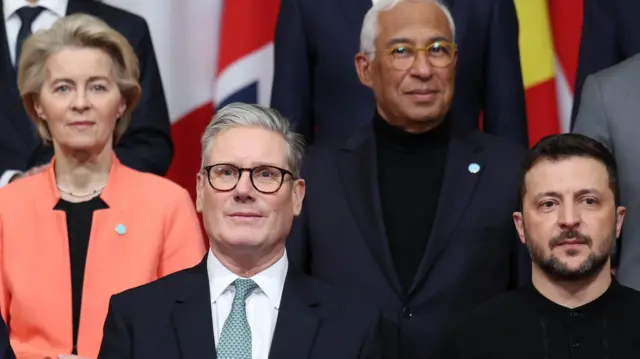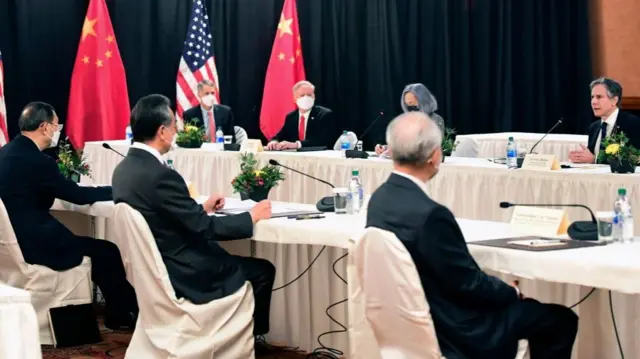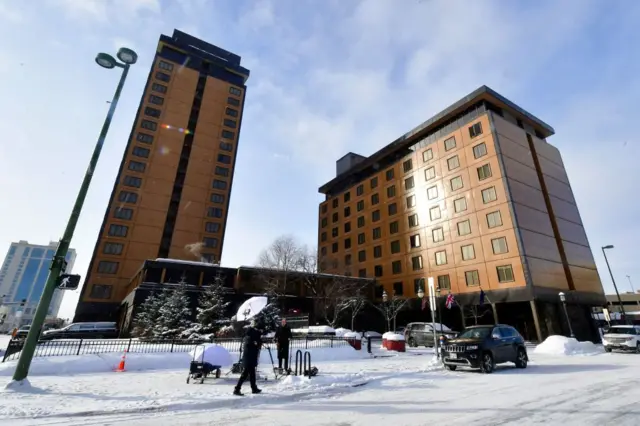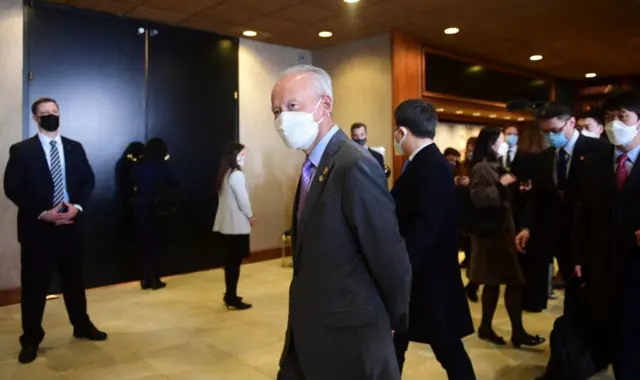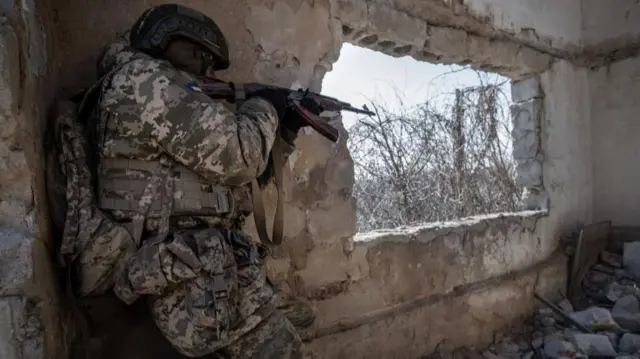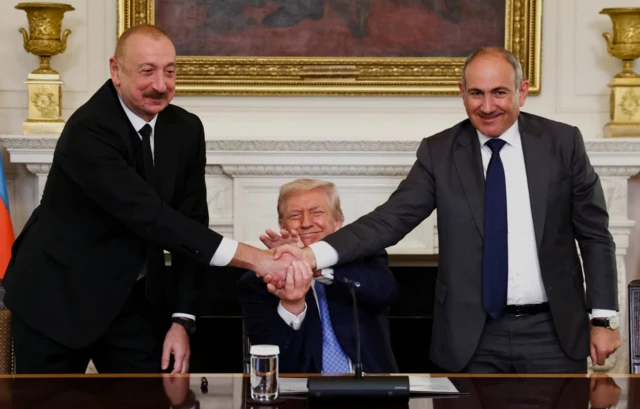How has Trump's deadline for a Ukraine ceasefire changed?published at 09:15 BST 9 August
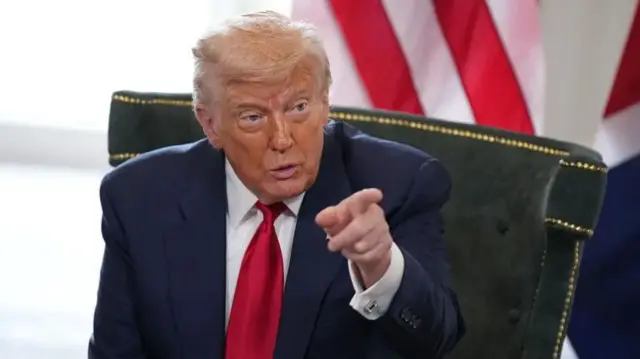 Image source, Getty Images
Image source, Getty ImagesIn recent weeks President Trump has set his Russian counterpart a series of deadlines in order to put pressure on President Putin to end the war in Ukraine.
Here's a quick summary of how Trump's deadline has changed since July.
- On 14 July, Trump gave Putin 50 days to end the war - threatening to impose sweeping tariffs if he didn’t
- On 28 July, Trump shortened the deadline for a ceasefire with Ukraine to “10 or 12 days”
- Then, on 29 July, the US president set the deadline as 8 August - which was yesterday
- But, as the deadline approached, the economic threat was quickly overshadowed by plans for Trump and Putin to meet in person to discuss a possible peace deal
- There has been no further announcement of further sanctions on Russia from the White House since the deadline passed
